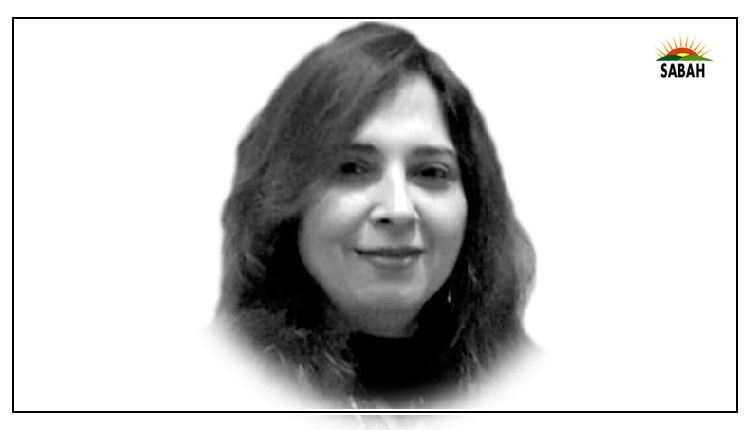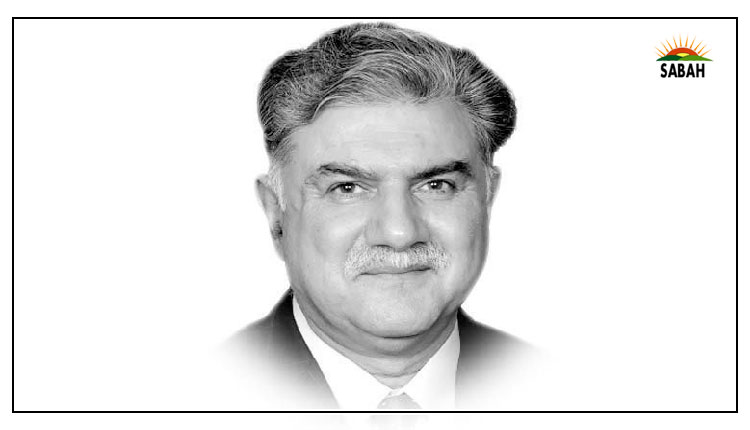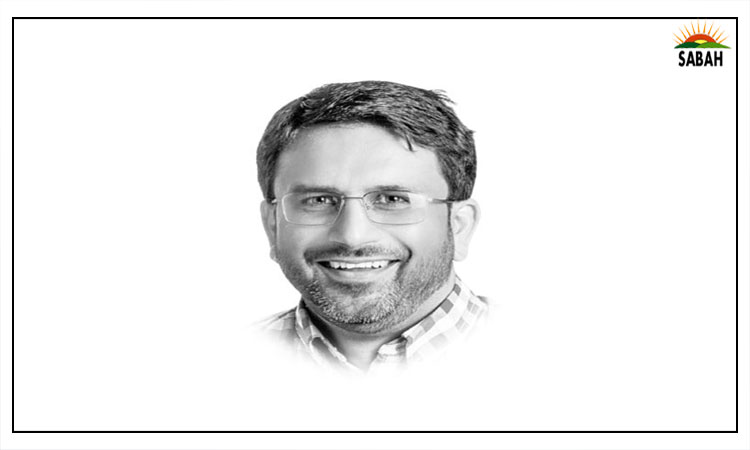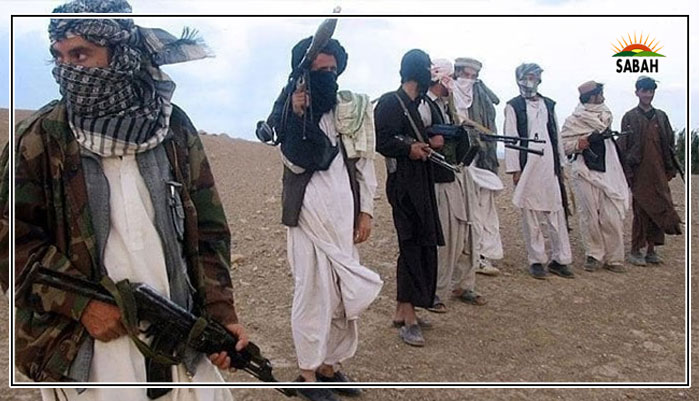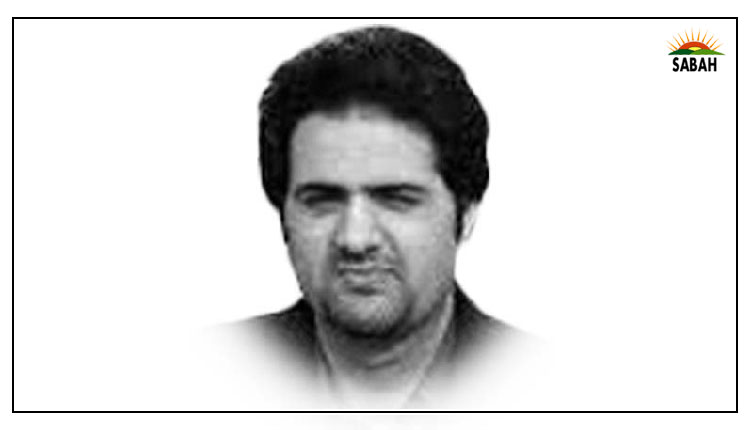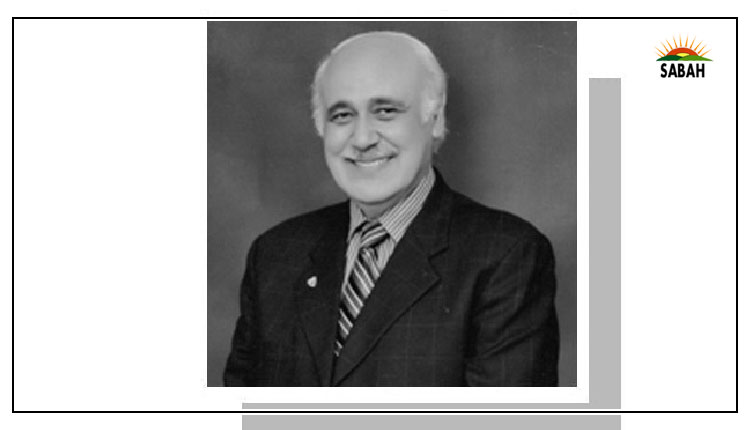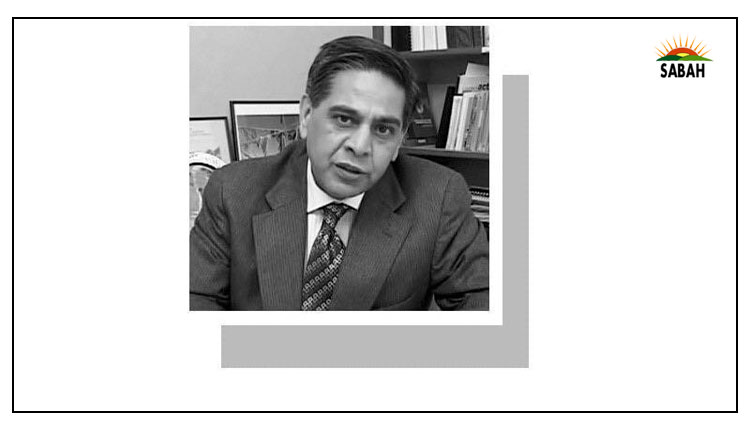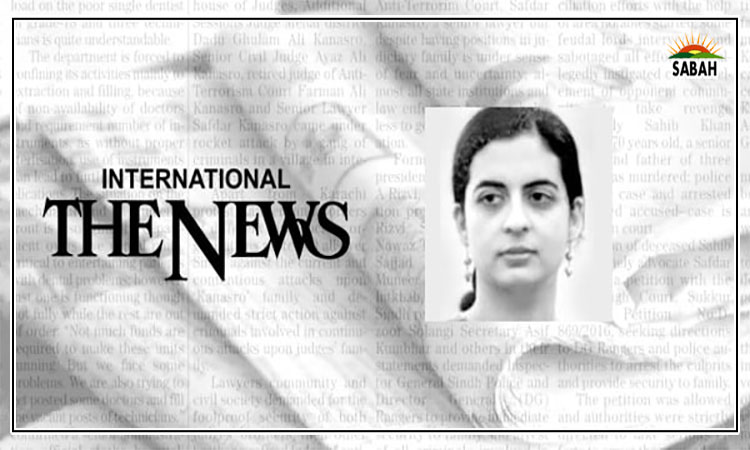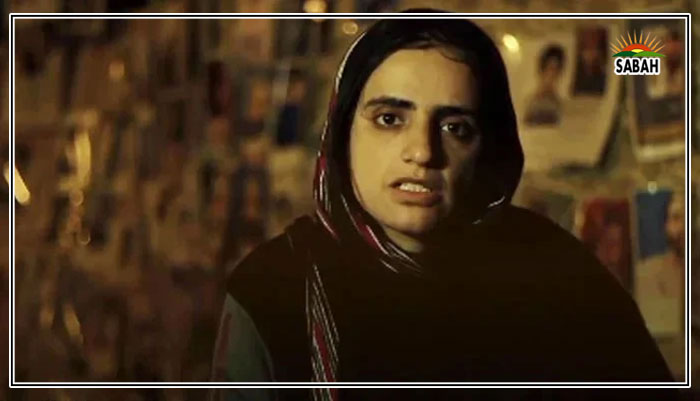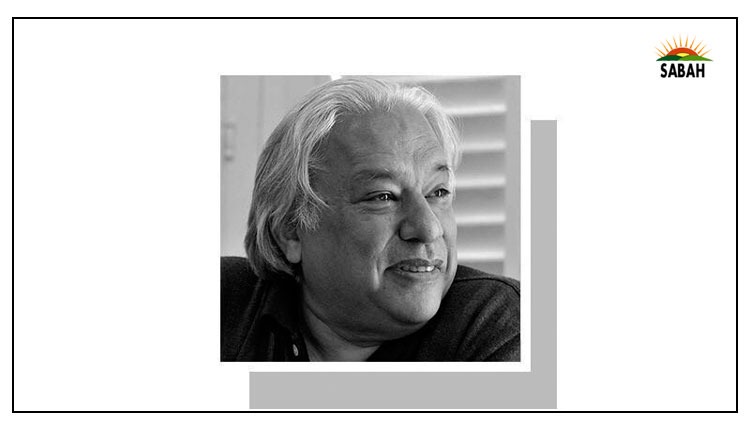Development & culture….Arif Hasan
THE dictionary meaning of culture is “the arts and other manifestations of human intellectual achievement regarded collectively”. Keeping this definition in mind, we can conclude that most decisions taken on planning issues for the city of Karachi are ‘uncultured’.
Let us take the Malir Expressway as an example. Opponents of the Expressway have argued that it would be an environmental disaster because it will destroy an important green area of the city, which will be replaced by real estate development. The Expressway’s purpose is to link three elite housing societies with each other. So the choice is between ecological destruction or facilitating the elite. Culture demands the protection of the environment and the search for another alternative, which is available, to fulfil the Expressway’s objectives.
Similarly, the commercialisation of Karachi’s beaches and islands is at the cost of depriving the people access to their only source of recreation and, simultaneously, destroying mangroves and mudflats which are sources of sea life, and depriving hawkers and low-income service providers of a source of income. In addition, reclamation from the sea means increased flooding of the city, which we have experienced in the case of Defence Society. The decision to commercialise as opposed to catering to social and ecological factors is also because of a lack of culture.
Our planners, architects and contractors do not have a culture of giving importance to the comfort of citizen needs. The city is devoid of pavements. An important government functionary once told me that pavements are not required because people do not walk on them. This is true. But they do not walk on them because the pavements have trees, debris, solid waste and advertisement poles on them. And their height from the road is such that old people, children and people with disabilities cannot use them.
Similarly, there is the case of Empress Market, where attempts have been made by some heritage ‘experts’ to convert it into a museum and/or a high-end dining facility. Shopkeepers who had been there for decades (some for a century) have been removed, and the people of Karachi, including those who have been displaced, do not know what the fate of this iconic Karachi institution is going to be. In the process, the people of Karachi have lost an important multiclass shopping and recreational place.
The reason for these uncultured decisions is that people are not consulted when a project is designed, and hence their interests become subservient to the politicians’ and bureaucrats’ megalomania and the failure of government-appointed professionals to question these decisions. Recently, at Dawood University, students who were designing a park in a katchi abadi asked the people living around the park what facilities they would require. They were surprised to note that young women wanted a space to play cricket, practise yoga and use exercise machines.
The involvement of people is essential for developing a sense of belonging to the city, and vice versa. For example, people need to know why work on the Icon Tower has been stopped and why all the trees in Bin Qasim Park were cut down. There are rumours that the building has developed structural problems. They also need to know what the present system of garbage collection is and the reasons why it has so far been unsuccessful.
If a process of conversations is continued in a sustained manner between officialdom and interest groups where the projects are located, a very different city will emerge.
To develop a culture that gives greater importance to the needs of the citizens and socio-physical environment rather than those of the elite not only means a change in the structure of thinking but also institutions that reflect this change. The only way we can go about making the necessary transformation is by developing an appropriate curriculum at the primary level and where planning and social sciences are taught. It is a big undertaking, but with the help of an educated media, it can be achieved over time. Any takers?
The writer is an architect.
arifhasan37@gmail.com
www.arifhasan.org
Courtesy Dawn, January 29th, 2023


